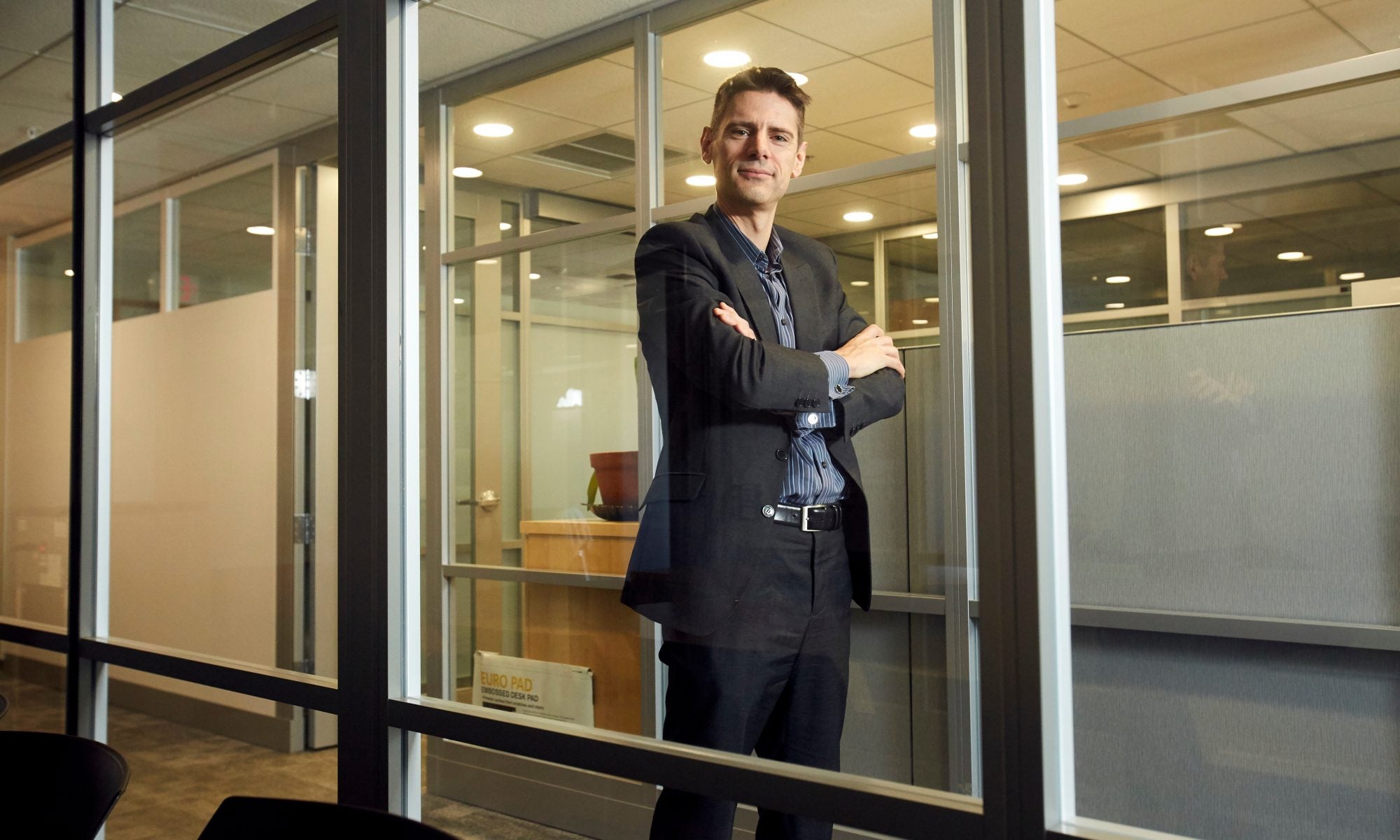Medicine and public health are constantly evolving as research and technology open the doors to new ways to treat or prevent diseases. Randomized trials are the best way to assess what works. But when that’s not possible, people like Miguel Hernán, Kolokotrones Professor of Biostatistics and Epidemiology, try to replicate those trials using vast amounts of information, including massive health care databases.
“If we have several possible strategies to treat or to prevent a disease, we need to know which one works best,” says Hernán, who holds a faculty chair endowed by a gift from Wendy and Theo Kolokotrones, MBA ’70.
Hernán says supporting faculty is critical because it gives them valuable time to think and be creative—time that is often at a premium when researchers must raise most of their funding through grants. “That is not an ideal system to do high-quality science and develop strategies to improve public health,” he says. “Getting this money gives the School the possibility of allocating resources in a more rational way.”
The Kolokotroneses have also been champions of students, postdoctoral researchers, and junior faculty at the School by funding a regular series of meetings and symposia. These range from informal gatherings to larger events bringing in leading researchers in biostatistics and epidemiology. Hernán says these meet-ups have been valuable in increasing collaboration at the School—and driving innovative approaches to public health challenges. “The events bring together people working on the same problem who sometimes have never talked among themselves, even though they’re in the same town or same institution,” says Hernán. “Those meetings of the mind have opened new lines of research and collaboration.”

